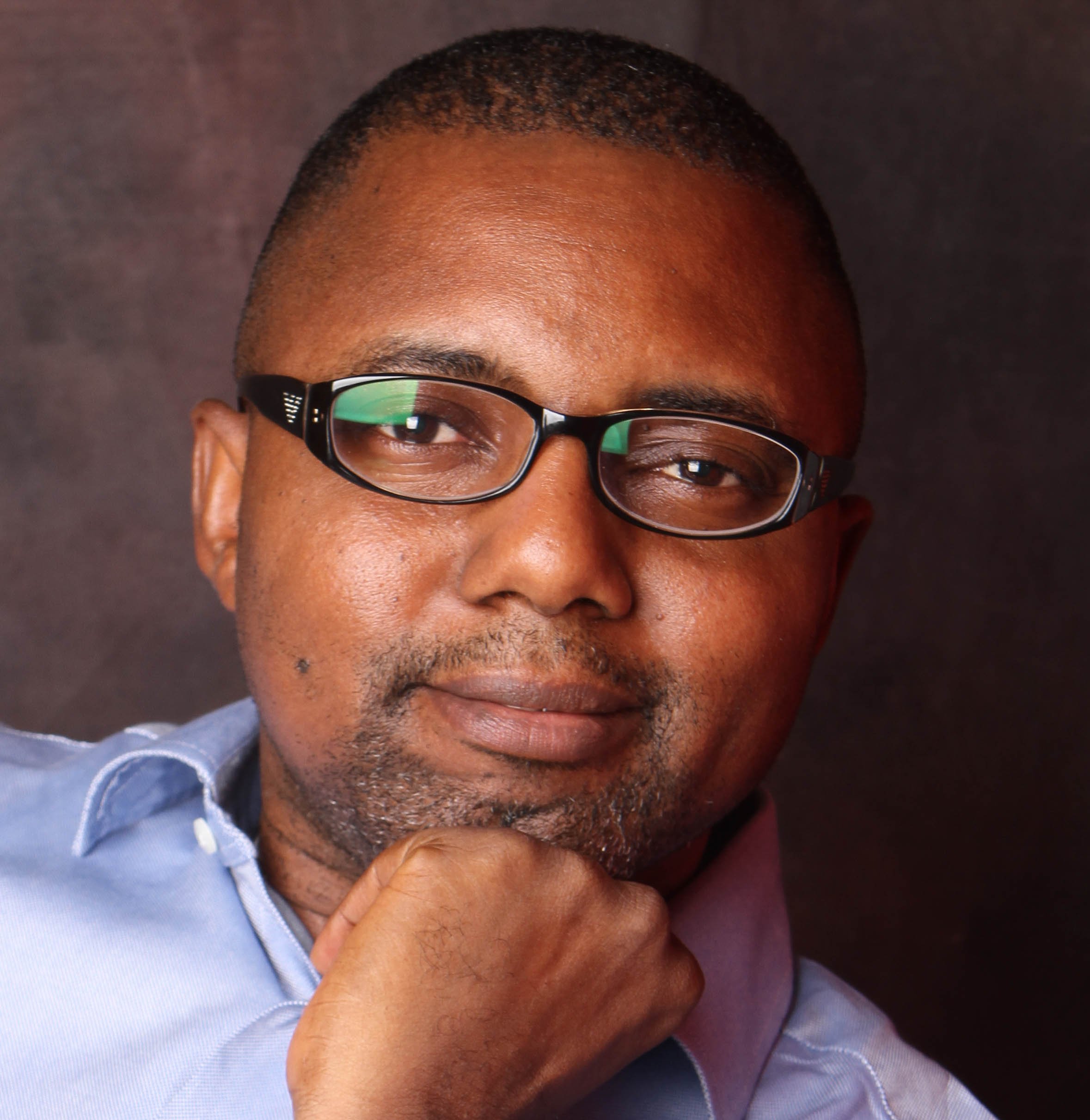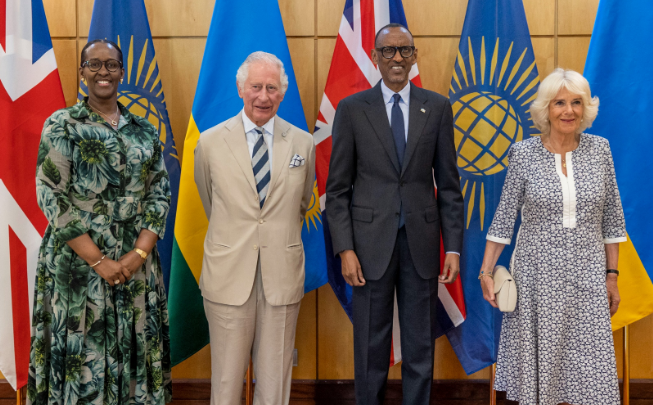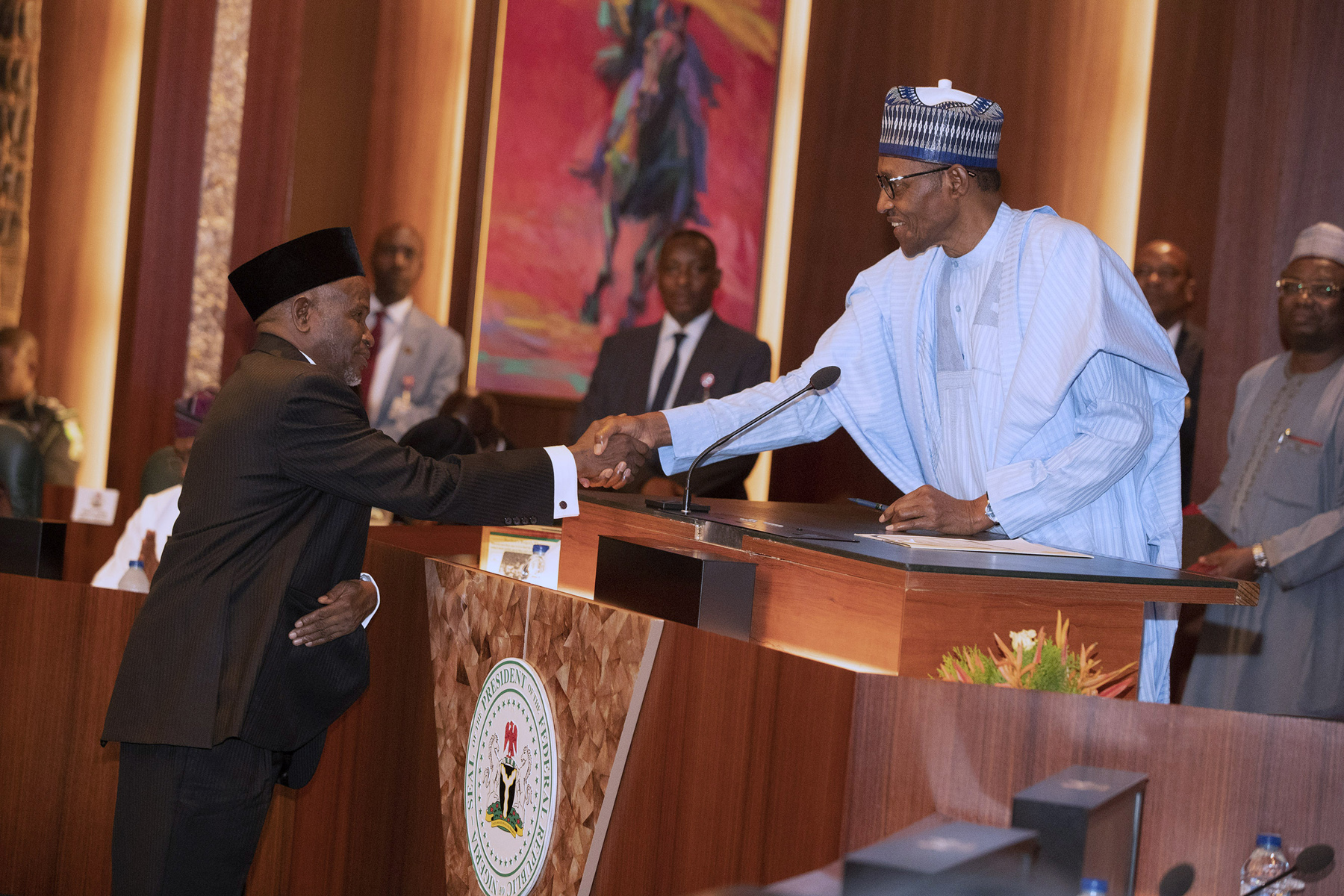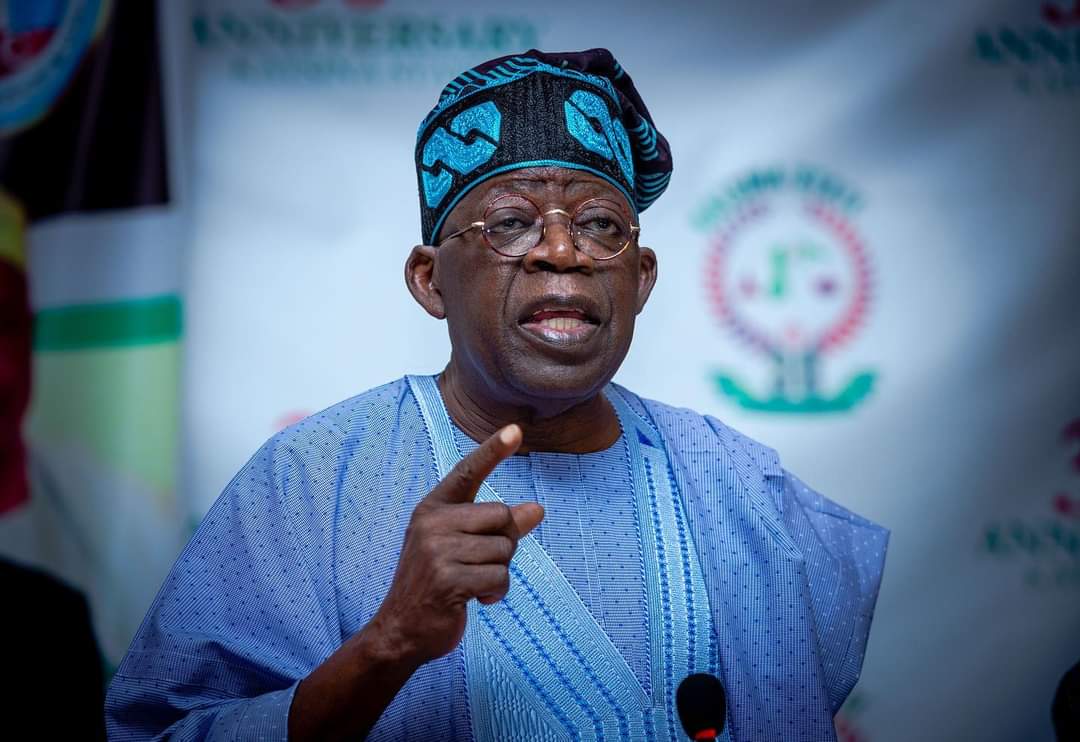There is something endearing about the Commonwealth, whose biennial Heads of Government Meeting (CHOGM) was recently held in Kigali, Rwanda. Despite its history as the baby of a long-dead empire, and the very many challenges that it has faced over the years, it continues to thrive. In achieving this fit, a key feature has been its constant reinvention. The latest of this is the admission of Gabon and Togo, two Francophone countries with no historical ties to Britain, into the organisation in 2022.
The Commonwealth was in real danger of disintegrating in the 1980s. This was when the fight against the Apartheid policy of South Africa united virtually the whole world. Sanctions – political, economic, cultural and sporting – were imposed by most countries as a means of forcing change. There were a few holdouts on sanctions imposition, the most prominent of which was Britain. Its then prime minister, Margaret Thatcher, argued that “sanctions do not work” and, in tandem with the United States, favoured a policy of “constructive engagement”.
As the leader of the Commonwealth, Britain’s position drew the ire of members. Several leading academics and policy makers, including Nigerian professor, Bolaji Akinyemi, argued that the organisation had outlived its usefulness and members should leave. Things got to a head in 1986 when Nigeria led 32 member countries (more than half the total) to boycott the Commonwealth Games in Edinburgh. That boycott shook the organisation to its very foundation, and marked Nigeria’s finest hour in foreign affairs under the government of Ibrahim Babangida.
Since the 1990s and the end of Apartheid, the Commonwealth has beaten a different path. On the back of the Harare Declaration of 1991, when Nigeria’s Emeka Anyaoku was the secretary-general, the organisation has focused on promoting human rights and democracy amongst its members. Thus, it was when Nigeria was under the vice grip of the Sani Abacha regime following the annulment of the June 12 elections of 1993, that many Nigerian rights activists found support with the organisation. Its new found assertive role was best demonstrated in 1995 when Nigeria was suspended from the organisation following the execution of Ogoni leader and environmental rights campaigner, Ken Saro-Wiwa, and eight others. That suspension lasted till 1999 when civil rule was restored in the country. Other member states have suffered similar fate for running afoul of the organisation’s precepts on good governance. These include Zimbabwe, Pakistan, and Fiji.
Advertisement
The expansion of membership is another evidence of the organisation’s constant evolvement. Originally limited to countries with colonial ties to Britain, the Commonwealth (through various declarations over the years) is now open to virtually all countries. Key membership requirements now is that they are a constitutional democracy with respect for human rights, have a functional and independent public service, and accept the English language as the organisation’s sole means of communication. This explains why countries with little or no historical ties to Britain like Cameroon (1995), Mozambique (1995), Rwanda (2009), and the aforementioned Togo and Gabon are now members.
Despite the several changes and pivots, the Commonwealth still has more to do and its future relevance will depend on how it manages to navigate the key issues of this century. One of these is the leadership of the organisation. Since inception in 1949, the position has been held by the head of the British Monarchy. In 2018, Prince Charles was designated as the successor to Queen Elizabeth II who has held the position since 1952. But as it expands membership beyond the original “British Empire”, the Commonwealth must decide if its historical origin and tradition outweigh the precepts of democracy, equity and equality in choosing its leadership. Clearly, a hereditary leadership, even if ceremonial and uncodified, runs against the grain of modern practice.
The Commonwealth must also confront its history as a colonial product. The practices of slavery, human displacement, and resources pillage helped to build its leading countries (Britain, Australia, Canada, New Zealand) while impoverishing many others in Africa, Asia and the Caribbean as well as their aboriginal dwellers. Many of the affected countries and peoples continue to bear the scars till date. To this end, it was gratifying to hear Prince Charles’ acknowledgement in Kigali that “the roots of our contemporary association run deep into the most painful period of our history (and caused) the suffering of so many”.
Advertisement
However, this acknowledgement should only be the beginning of much more. Conversations must go into the hard work of rolling back some of the effects of slavery. Championing the fight against racism that has taken grip in many countries (within and outside of the Commonwealth) is one it should take up. Some form of reparations and financial support to its indigent members is another. Codifying rules for the return of historical artefacts stolen and shipped to Britain during colonial times, and providing leadership in ensuring that the processes are not unduly delayed. All these and more should concentrate the minds of decision-makers within the organisation.
Beyond the challenges, there are opportunities. Following its exit from the European Union, Britain has been busy reactivating alliances and partnerships across the world under its “Global Britain” strategy. It seeks to fill the huge gap that Brexit has opened up and Commonwealth members clearly come into play here. Herein lies a great opportunity for the organisation to re-ignite its presence in global and diplomatic affairs. One way to play this role effectively is by mediating Britain’s renewed interest and engagements with the less endowed member states so that the benefits are mutual. It must not allow the Commonwealth to be used as cannon fodder to benefit only its major economies.
Furthermore, the admission of Togo and Gabon, following that of Cameroon in 1995, speaks to the increasing disillusion of former French colonies with France. For many Francophone African countries, independence has meant little more than being the vassal states of France. Their political, defence, economic and monetary policies remain tied to their former colonial lord, and this has made development virtually impossible. In joining the Commonwealth, they seek the more genteel relationship that has mostly characterised Britain’s relationship with its former colonies. The Commonwealth must take this not just as an endorsement, but also as an opportunity to continue to build on its successes in the promotion of democracy, good governance and north-south relations.
It’s early in the 21st century. But the Commonwealth, once derided as a mere talking shop, is proving through its resilience and willingness to adapt and change, that it will be with us for a long time to come. That, in many ways, is a victory for multilateralism.
Advertisement
Adetayo is a commentator on national and international affairs
Views expressed by contributors are strictly personal and not of TheCable.
Add a comment







